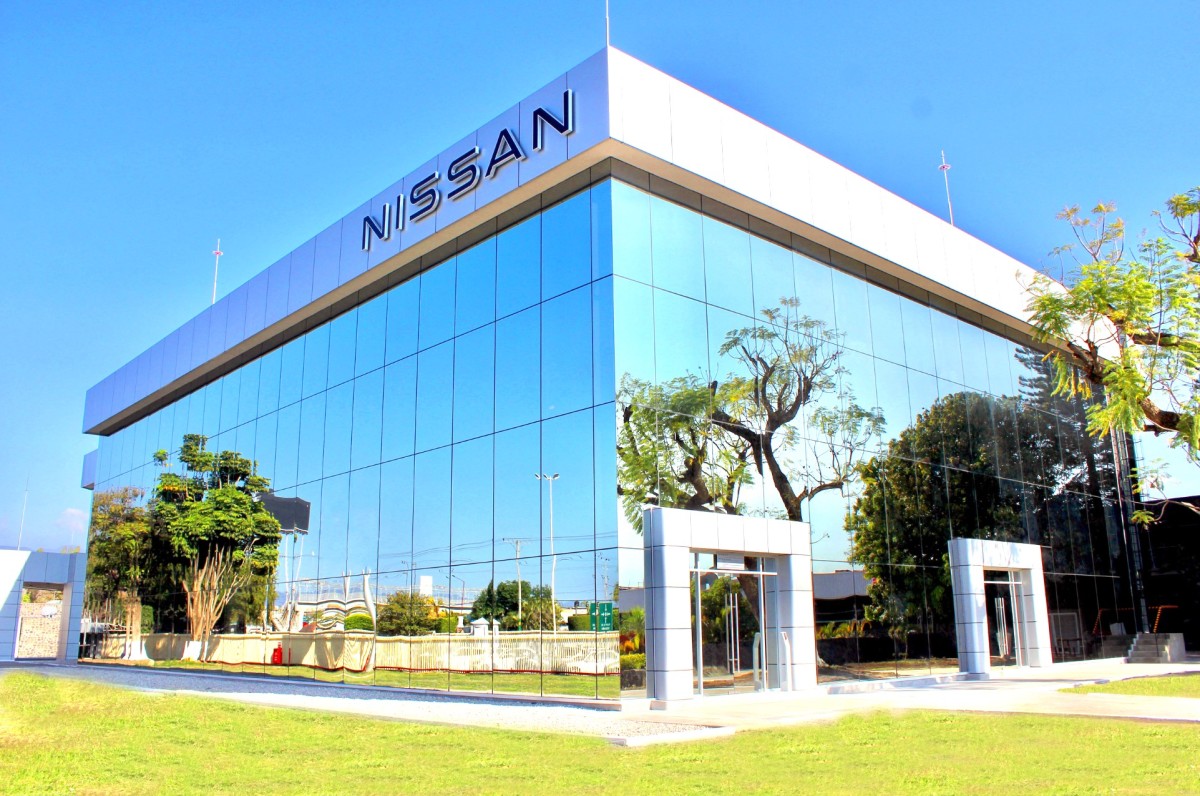Nissan to Close Mexican Plants in Cost-Saving Move

Potential Closure of Two Mexican Manufacturing Facilities
According to recent reports, Nissan may be considering the closure of two manufacturing facilities in Mexico. This potential move is part of a broader strategy by the Japanese automaker to streamline its operations and reduce costs. The report highlights that Nissan is planning to shut down two plants, including one that was established as a joint venture with Mercedes-Benz.
One of the plants slated for closure is the Civac plant located in Jiutepec, Mexico. Sources indicate that this facility could be closed no later than March 2027, which marks the end of Nissan’s 2026-2027 fiscal year. Like many Japanese companies, Nissan operates on a traditional fiscal year known as nendo, which runs from April 1 to March 31 of the following year.
In addition to the Civac plant, Nissan is also expected to end its joint venture with Mercedes-Benz at the COMPAS factory in Aguascalientes, Mexico. According to AutoForecast Solutions, production of two Infiniti crossovers will cease at the plant later this year, while Mercedes will stop producing the GLB model during the first quarter of 2026.
A Historic Plant at Risk
The Civac plant, which is Nissan’s first overseas factory, has a long history with the company. Established in Jiutepec, Mexico, the facility has been manufacturing vehicles since 1966, just five years after Nissan entered the market. In 1972, the company began exporting cars from Civac, and over the decades, it has produced more than 6 million vehicles and created thousands of jobs in the region.
Currently, the plant produces the Navara and Latin America-market Frontier pickup trucks. However, data from AutoForecast Solutions shows that the plant is operating at less than a third of its capacity. In 2023, only 80,000 pickups were made there, compared to 294,000 units produced in 2016. For 2025, Nissan plans to build 57,000 units, a significant drop from previous years.
Despite its historical significance, the nearly 60-year-old Civac plant is considered outdated and no longer cost-effective to operate. Another source mentioned that Nissan plans to consolidate production at the plant to two company-owned factories in Aguascalientes.
Broader Restructuring Efforts
This potential closure comes on the heels of the announcement regarding the Oppama plant in Japan, which has officially been declared closed as part of the Re:Nissan restructuring and corporate austerity plan. The plant, which has operated since 1961, served as Nissan’s central facility in Japan and employed around 2,400 people. According to a statement dated July 15, production at the plant will cease by March 2028, marking the end of its 2027 fiscal year.
As part of the Re:Nissan initiative, Nissan aims to shut down seven of its factories and reduce its manufacturing capacity by nearly 30 percent to 2.5 million vehicles by the 2027 fiscal year. Additional plants in Japan, India, Argentina, Thailand, and South Africa are also expected to close. A Nissan spokesperson, Brian Brockman, noted that these decisions are not yet final.
“However, this process has not yet been concluded,” Brockman said. “If any decisions are made, we will provide information at the appropriate time.”
Impact of Tariffs and Market Challenges
The potential closures come at a challenging time for Nissan, as the Trump administration has imposed a 25% tariff on cars made in Mexico and has threatened to increase it to 30% starting August 1. In response, Nissan has paused production of less profitable trims of the Sentra and Kicks for the U.S. market and plans to discontinue U.S. sales of the Versa next year.
Over the years, the Civac plant has produced several notable Nissan models, including the Datsun Bluebird, the Versa, the Sentra, the B13 Sentra-based Tsuru, and even the Nissan NV200 Taxi, which was designed for a New York City pilot project.
While the Re:Nissan plan seeks to eliminate unprofitable segments, Nissan must also navigate the challenges posed by rising tariffs and declining sales. The company faces the daunting task of adapting to a rapidly changing automotive landscape while maintaining its presence in key markets like the United States.

Posting Komentar untuk "Nissan to Close Mexican Plants in Cost-Saving Move"
Posting Komentar